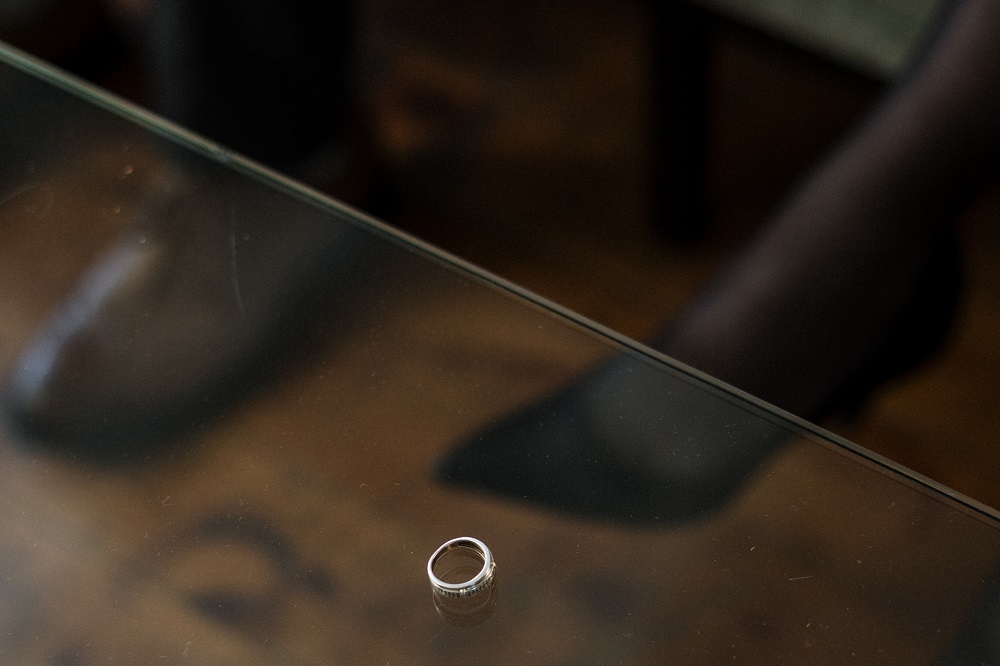Contempt
This is one of those emotions that most people couldn’t define. In fact, when I initially thought about this word all I could think of was the offense of being disobedient to or disrespectful of a court of law, i.e. contempt of court. Yet I have heard this emotion used so much more over the past few years and it prompted me to look at it a little more.
The Oxford language dictionary defines contempt as the feeling that a person or a thing is beneath consideration, worthless, or deserving scorn. It’s really no wonder this has become so much more evident in a world where different ideologies created an “us or them” mentality where “I’m better than you. And you are lesser than me.”
Contempt In Relationships
When you look at marriage gurus, John and Julie Gottman come to mind as they essentially have paved the way in the therapeutic arena for couples’ communication via therapy and training for therapists. John identifies contempt as “perhaps the most corrosive force in marriage.” Their research on marriage identified contemptuous communication as a strong predictor of divorce. He found that contempt was one of the most damaging of the four negative communication patterns that predict divorce. The other negative patterns are criticism, defensiveness and stonewalling.
In his book Why Marriages Succeed or Fail, John Gottman indicated “what separates contempt from criticism is the intention to insult and psychologically abuse your partner.” When a partner makes jabbing remarks and dismissive body language, they’re going right for the heart of their partner’s sense of self. Underneath these contemptuous actions are negative thoughts about the partner such as he or she is stupid, disgusting incompetent, etc. Gottman states “when you communicate with contempt the results can be cruel. Treating others with disrespect and mocking them with sarcasm and condescension are forms of contempt. So are hostile humor, name calling, mimicking, and body language such as eye-rolling and sneering. In whatever form, contempt is poisonous to the relationship because it conveys disgust and superiority, especially moral, ethical, or characterological.”
The Nation’s Divide
In Brené Brown’s book Atlas of the Heart, she discussed Arthur C. Brooks article in the March 2019 New York Times where Brooks identified a concept from a 2014 article in the The Proceedings of the National Academy of Sciences on “motive attribution asymmetry” – the assumption that your ideology is based in love, while your opponent’s is based in hate. “Each side thinks it is driven by benevolence while the other is evil and motivated by hatred – and therefore an enemy with whom one cannot negotiate or compromise.”
Brooks states that motive attribution asymmetry leads to contempt, which is a noxious brew of anger and disgust. He states it’s not just contempt for other people’s ideas but also for other people.
I believe this is why we see so much contempt around right wing vs. left wing, BLM, Blue Lives Matter, LGBTQ+ and especially the more recent push against transgender and non binary persons.
Recognizing Contempt
We all carry judgment, and those who profess they don’t have any, well they are usually not being very authentic with themselves and others. We need to learn to calm our anxious thoughts and pay attention to the judgments that come from differing values and life experiences. In Theodore Roosevelt’s The Man In the Arena speech he says “The credit belongs to the man who is actually in the arena, whose face is marred by dust and sweat and blood; who strives valiantly; who errs, who comes short again and again, because there is no effort without error and shortcoming.” I think our society needs to do a much better job at recognizing that critics are usually the ones not in the arena. It’s easy to spew out hate and contempt for others when we sit in the cozy confines of our like-minded cohorts. Yet unless we have actually walked a day in a marginalized person’s life, or are willing to learn and expand our worldview, we will always run the risk of falling into contemptuous beliefs.
Brooks says “It’s not that we can’t disagree. It’s that we need to learn how to disagree without contempt and cruelty.”


